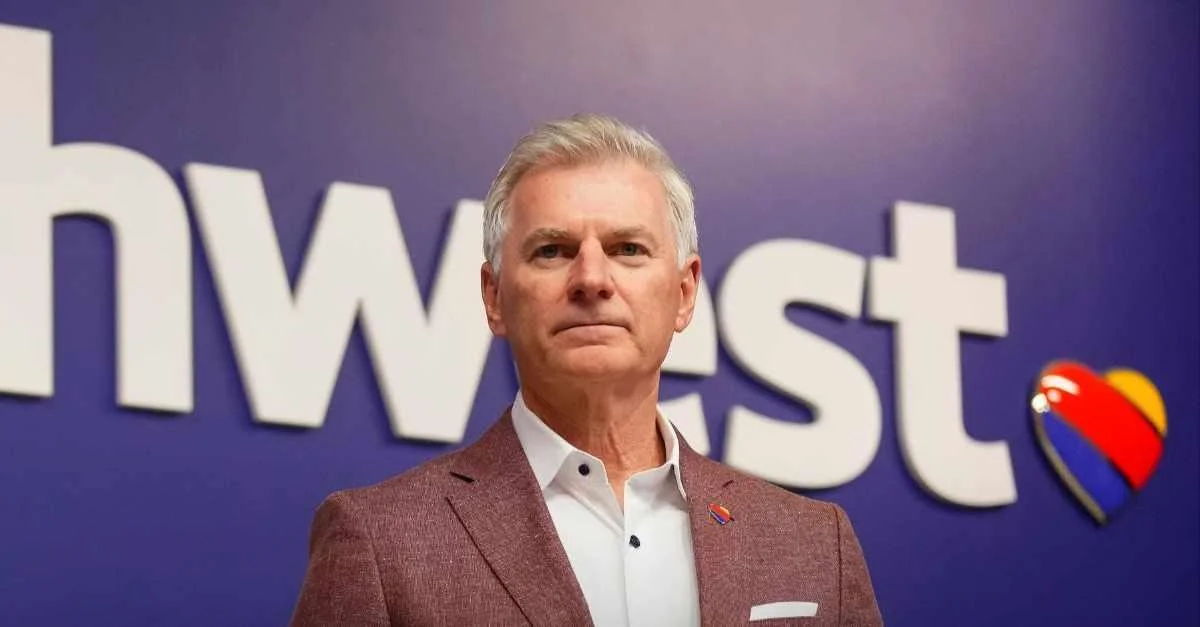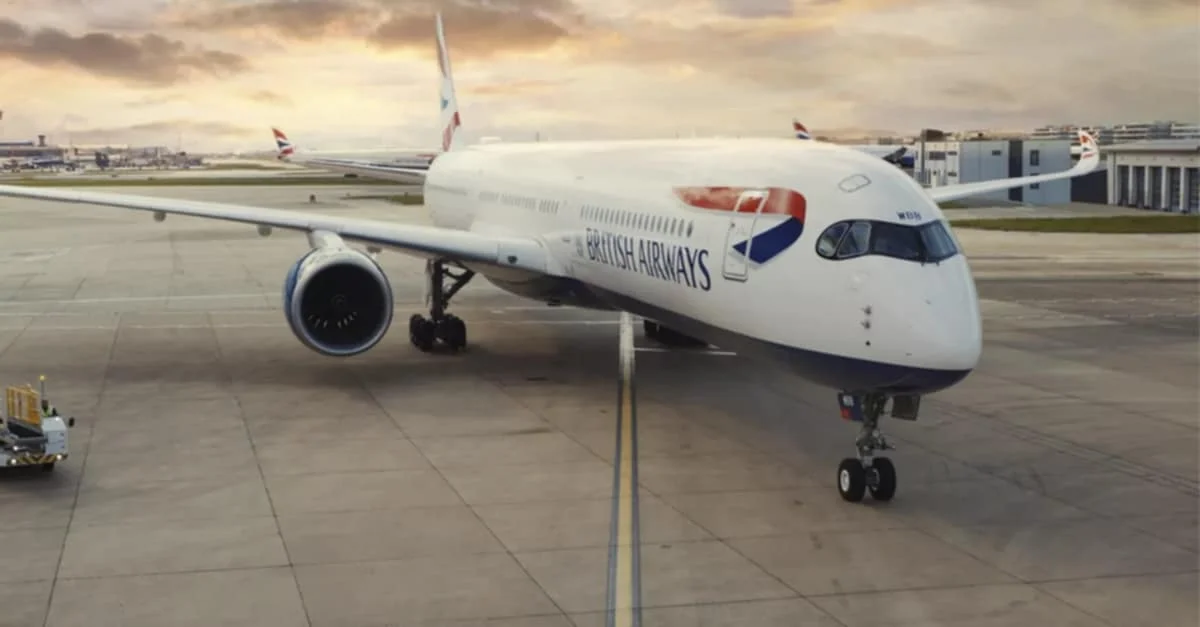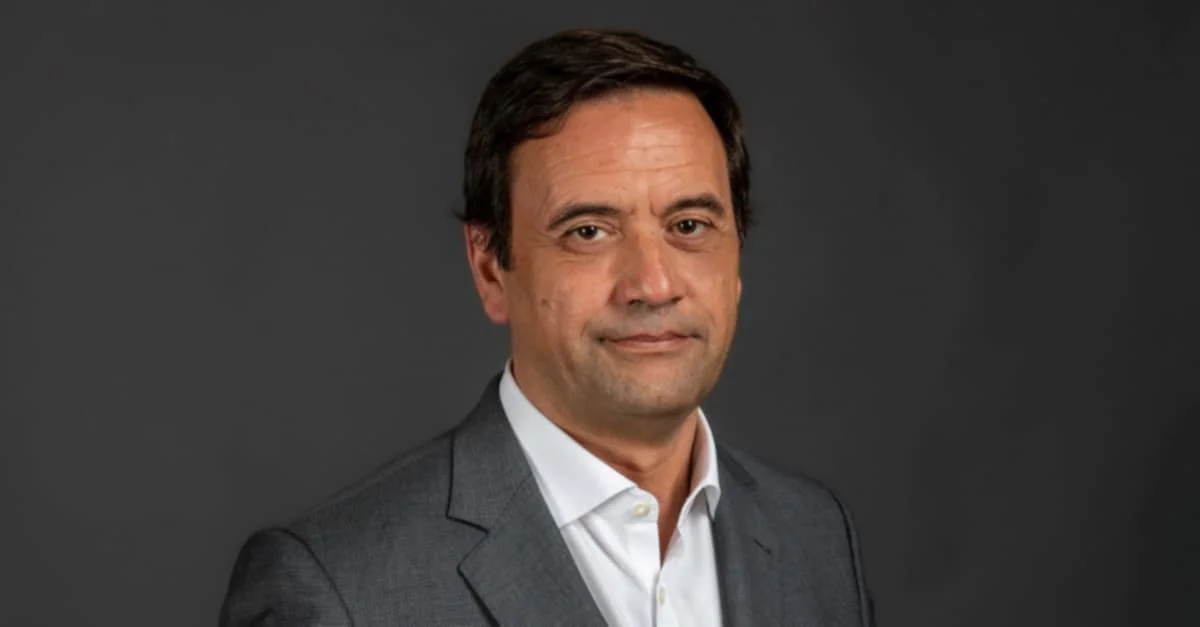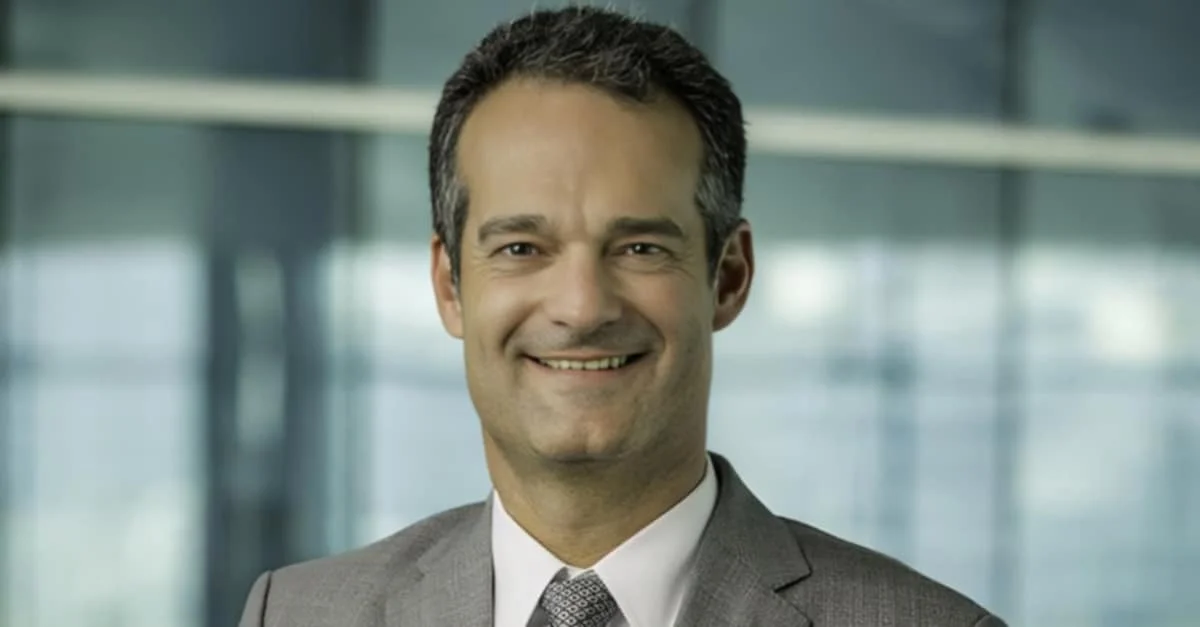After the holiday meltdown, concerns arose about the long-term reputational damage to Southwest, an airline once known for reliability and customer-friendly services. A longstanding captain, identified as Captain Lonero, linked the firm's operational decline to leadership changes: "Gary was an accountant by education, and his style leading Southwest Airlines became more focused on finances and less on operations. He did not spend much time on the front lines. He didn’t engage front-line employees much. When the CEO doesn’t get out in the trenches, neither do the lower levels of leadership."
Southwest's point-to-point business model, while offering direct routes, also increased the risk of operational disruptions. In response, the airline took steps to strengthen its systems, with CEO Bob Jordan stating, "We have spent [2023] acutely focused on efforts to enhance the Customer Experience with significant investments and initiatives that accelerate operational resiliency. Our commitment to Customers has been central to our success across our 52-year history and has helped us become one of the world's most admired and trusted airlines."
USDOT investigations found Southwest's response insufficient, especially regarding customer service and compensation. New regulations in 2023 mandated cash compensation for flight issues caused by airlines, adding further pressure on Southwest, which had previously committed to providing accommodations but hesitated on cash recompense.
In 2025, Southwest discontinued its long-standing offer of two free checked bags, prompting backlash from customers and speculation that cost-cutting is prioritized over customer service. Despite free luggage remaining available to loyal program members and certain ticket holders, concerns grew over whether the airline’s changes would alienate its core passenger base.
Some employees attributed recent operational challenges to a disconnect between leadership and frontline teams, a departure from the company's historical focus on personnel and hands-on management. This shift, combined with pressures from activist investor Elliot, who acquired a significant stake in the airline, has painted a concerning picture of Southwest's future direction.
Recent structural and policy changes have led to criticisms that Southwest's motivations have become overly profit-driven. Given public discontentment, the airline's efforts to fortify operations may not suffice to reclaim its reputation as a dependable, customer-centric carrier. More scrutiny arises as the airline seeks to balance new international routes with sustaining its foundational customer relationships.
As Southwest undertakes strategic and policy transformations, questions linger about whether these adaptations align with the value that once defined the company. The changes raised concern among passengers and industry observers about the potential erosion of Southwest's longstanding principles amidst evolving market strategies.
 Alerts Sign-up
Alerts Sign-up





































